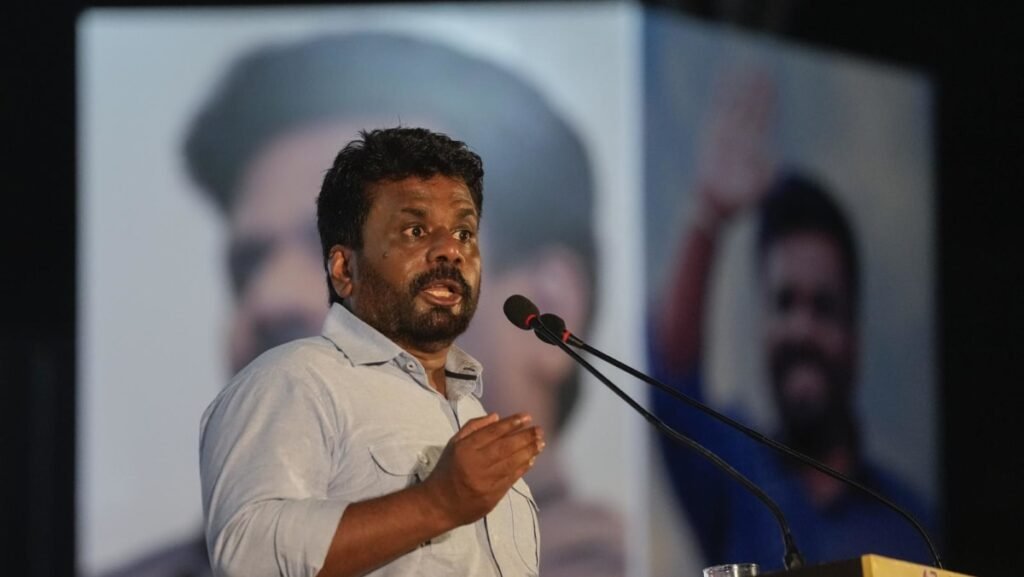Dissanayake, a popular political figure in Sri Lanka, has softened some of his policies in favor of an open economy and has stated that he is not completely against privatization. He has addressed concerns about his party nationalizing everything, even cows, by stating that they will assist farmers in improving their operations without taking over ownership of cows. His manifesto focuses on improving state-owned enterprises without selling them off, demonstrating a commitment to economic reform.
Despite previous anti-India sentiments expressed by Dissanayake and his party in 1987, they have worked to improve relations with New Delhi while also maintaining close ties with China. This is significant as both countries are vying for influence in Sri Lanka, which holds a strategic position on global sea routes. Dissanayake has visited both India and China this year for meetings with top officials, demonstrating his efforts to balance relationships with both nations and avoid being dragged into geopolitical rivalries.
The recent election in Sri Lanka marked the first one since mass protests over the economy led to the ousting of former president Gotabaya Rajapaksa in 2022. The country experienced its worst financial crisis since gaining independence from British colonial rule in 1948. With support from the IMF, Sri Lanka has started to see signs of economic recovery, with expected growth this year and a significant decrease in inflation. However, high living costs remain a pressing issue for many citizens, especially those living in poverty.
Dissanayake has pledged to dissolve parliament within 45 days of taking office to seek a fresh mandate for his policies through general elections. He will need to focus on adhering to the IMF program until 2027 to stabilize the economy, build investor confidence, and lift a significant portion of the population out of poverty. Following through on these promises will be crucial for ensuring a sustainable economic growth path for Sri Lanka and addressing longstanding challenges related to poverty and financial stability.
Overall, Dissanayake’s administration faces a delicate balancing act in managing relationships with global powers like India and China while addressing the pressing economic issues facing Sri Lanka. By embracing an open economy and committing to improving state-run enterprises without full privatization, he is positioning himself as a leader focused on economic reform. However, the success of his policies will depend on his ability to navigate geopolitical tensions and ensure sustainable economic growth that benefits all sectors of society. Only time will tell how his presidency will impact Sri Lanka’s future prosperity and stability.

